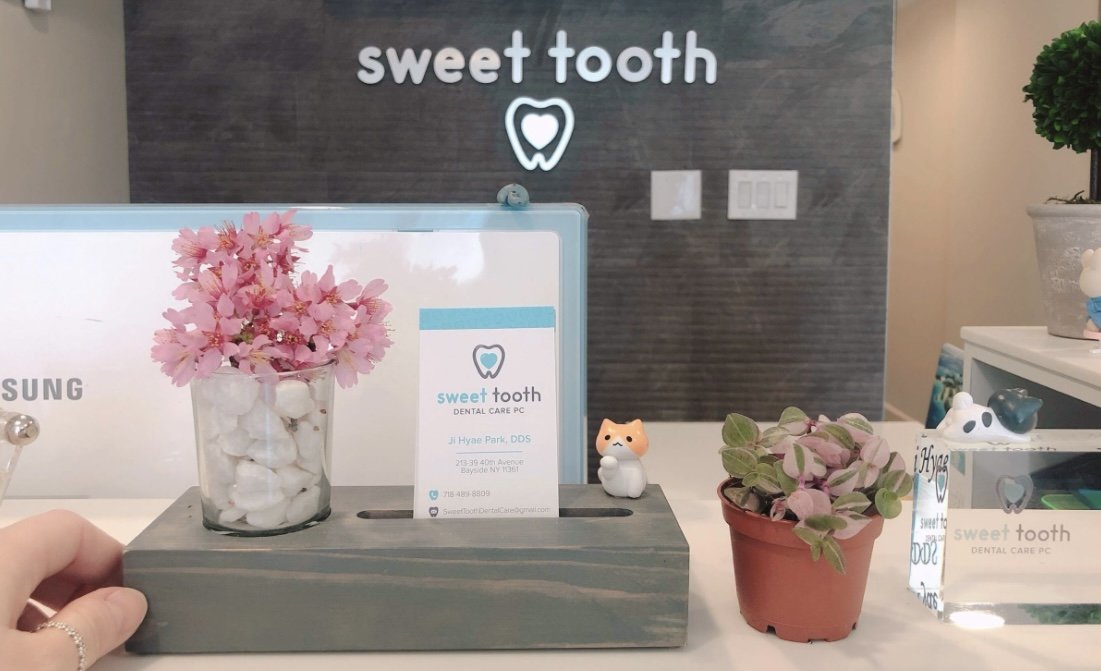Importance of Flossing
/Flossing is an vital part of maintaining good oral hygiene. It is the most effective way to remove plaque and food particles from between teeth. Unfortunately, many people neglect this crucial part of oral care, leading to a buildup of bacteria and plaque that can cause cavities, gum disease, and other oral health problems. Let’s discuss the importance of flossing, tips for proper flossing technique, and the benefits of regular flossing.
Why is Flossing Important?
Flossing helps to remove plaque and food particles from between teeth. When food particles are left in between teeth, bacteria feed on them and produce acids that attack tooth enamel, leading to decay. Similarly, plaque buildup on the teeth and gums can cause inflammation, bleeding, and eventual gum disease. Flossing can also help to prevent bad breath by removing food particles and bacteria that can cause odors in the mouth.
Tips for Proper Flossing Technique
To get the most benefit from flossing, it is important to use the proper technique. Here are some tips to help you floss effectively:
Use Enough Floss - You should use about 18 inches of floss per session. This will give you enough length to wrap around your fingers and reach all the spaces between your teeth without reusing the same section of floss.
Wrap the Floss Correctly - Wrap the ends of the floss around your index fingers, leaving a few inches of floss between your fingers. Use your thumbs to hold the floss taut between your fingers.
Slide the Floss Between Teeth - Gently slide the floss between your teeth. Be careful not to snap the floss, which can cause damage to the gums.
Curve the Floss Around Each Tooth - Once the floss is between your teeth, curve it around each tooth in a C-shape, gently moving the floss up and down to remove plaque and debris.
Use Clean Sections of Floss - As you move from one tooth to the next, use a clean section of floss. This will prevent bacteria and debris from being spread to other areas of your mouth.
Be Gentle - Flossing should be gentle and pain-free. If you experience discomfort or bleeding, it may be a sign of gum disease or other oral health problems. Talk to the dentist if you have concerns about flossing or experience any pain or bleeding.
The Benefits of Regular Flossing
Here are some of the most significant benefits of flossing:
Prevents Cavities - Flossing removes plaque and food particles from between teeth, preventing the buildup of bacteria that can cause cavities.
Prevents Gum Disease - Flossing helps to remove plaque from the gums, reducing inflammation and the risk of gum disease.
Improves Bad Breath - Flossing removes food particles and bacteria that can cause bad breath, leaving your mouth feeling fresh and clean.
If it’s been awhile since you have flossed, see the dentist today :)












